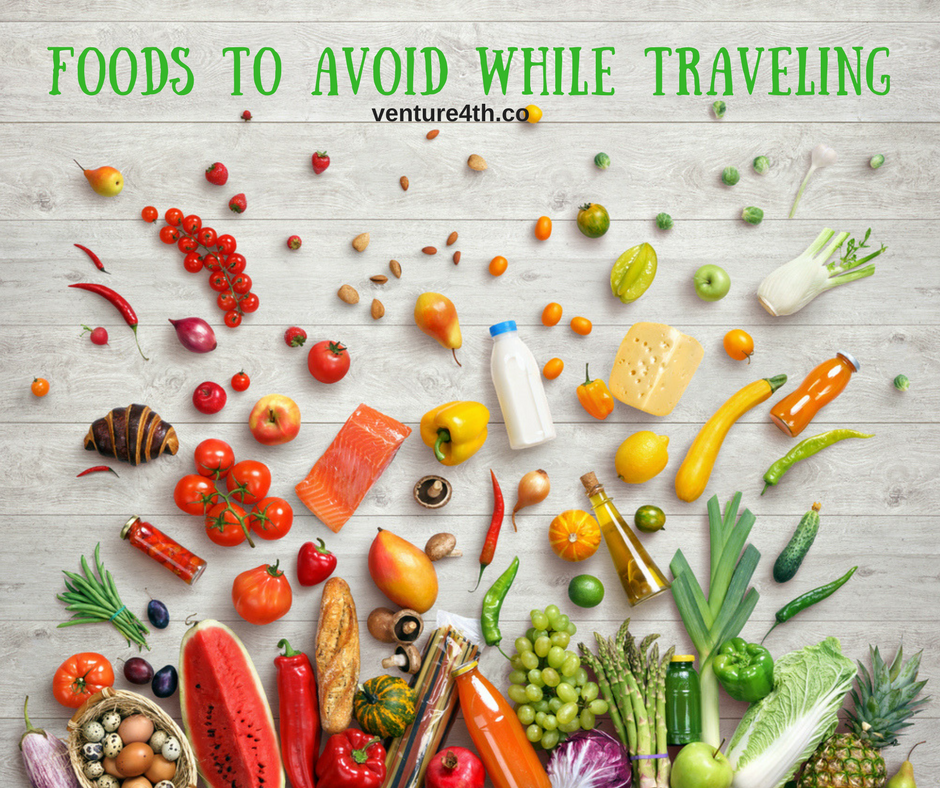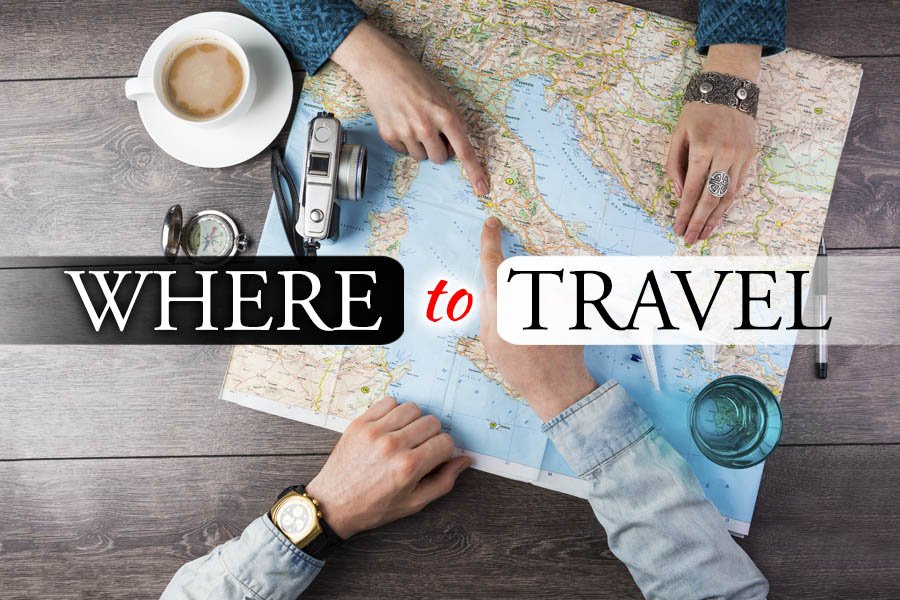There’s more to keeping your kids and yourself safe when traveling than looking out for obvious threats and protecting your finances with a waist security belt. Sometimes, the things that you would never expect to pose a problem – such as food, water, and even your child’s favorite treats – could be the thing that leaves them suffering from a serious bout of sudden illness.
Following, in an attempt to make your next trip as straightforward and smooth as possible, we’ll give you an insight into some of the most common foods you should probably avoid when travelling abroad. Don’t worry, there’ll still be plenty of delicious options to try during your next vacation – these tips should simply help to reduce your chances of a gastric disaster.
1. Berries
One of the most common foods to avoid when travelling are berries. As a general rule, you should attempt to eat only fruits that have a thick layer of skin that can be peeled away – such as oranges or bananas. If you’re going to eat any kind of fruits, you should wash the exterior thoroughly using safe, clean water.
2. Ice Cream
As difficult as it is to deny your child an ice cream when you’re enjoying a hot beach holiday, it’s important to be careful about what you allow them to eat. Frozen foods like ice-cream are often frozen, allowed to thaw, then refrozen – making them more likely to develop dangerous bacteria. Make sure to be particularly careful of the ice cream threat in countries were filtered water isn’t available nation-wide.
3. Runny or Raw Eggs
We’re not sure why you’d want to eat raw eggs anywhere in the world – unless you’re on a specific kind of health kick. However, it’s important to be extra cautious with runny eggs when you’re travelling abroad, if you want to maintain good health for yourself, and your children. Remember that raw or runny eggs come with various threats such as salmonella – and you can never be totally sure how those eggs were prepared when you’re getting them from an unfamiliar destination.
4. Raw Vegetables
As healthy as it might seem to stick to vegetables when you’re exploring a distant land, the chances are that you’re better off to sticking to something that comes in packages. The reason for this is that the water used to wash vegetables for salads and other raw-vegetable foods might not be safe to consume. Just like brushing your teeth with contaminated water could make you sick – crunching on a stick of celery washed with dirty water could turn your stomach.
5. Soda (From a Fountain)
According to information from the CDC, it is okay to drink soda on vacation – so long as it comes from a sealed bottle or can. Drinking soda from a fountain is seriously dangerous, as it can use tap water or unfiltered water which could, once again, make you sick. Stay away from anything fountain-based if you’re not sure about the quality of the water in your chosen destination




